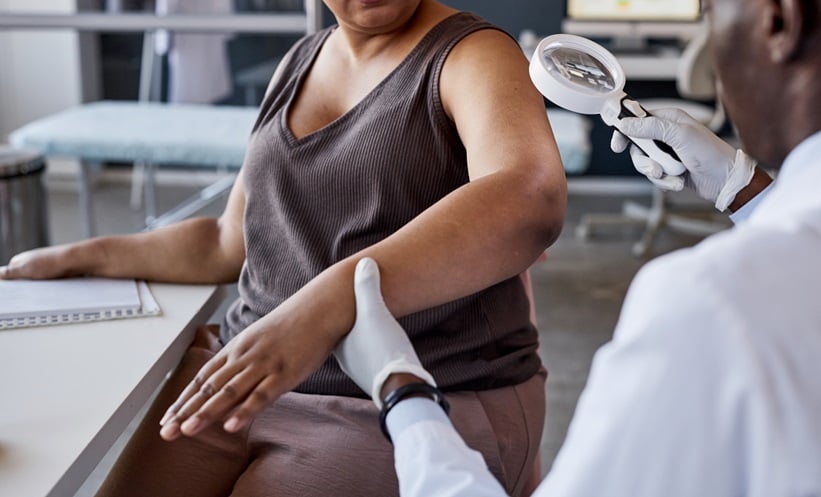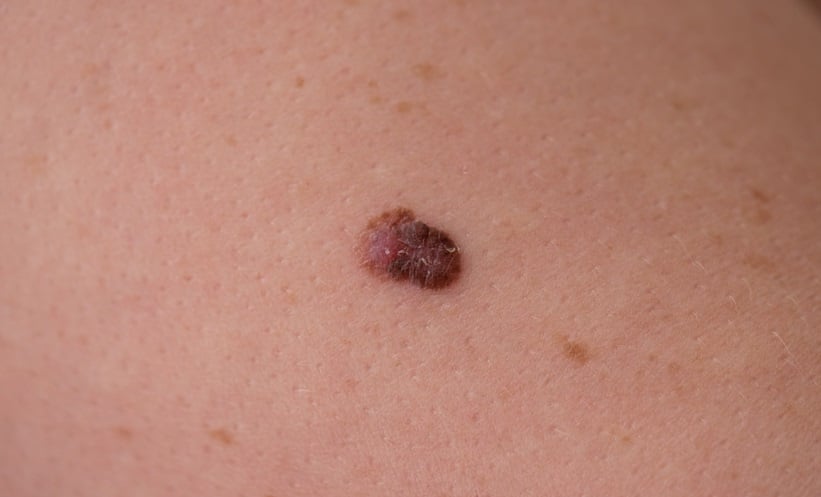NEW RESEARCH has shown that neoadjuvant therapy with talimogene laherparepvec (T-VEC) enables resectability in 50% of patients with difficult-to-treat cutaneous basal cell carcinoma, without requiring plastic reconstructive surgery, demonstrating promising efficacy and tolerability.
Basal cell carcinoma (BCC) is the most common skin cancer, and in cases where lesions are large or located in cosmetically or functionally sensitive areas, surgical excision can be challenging. This phase II, single-arm NeoBCC trial investigated the potential of neoadjuvant T-VEC, an oncolytic virus therapy, to improve resectability in patients with difficult-to-treat cutaneous BCC. By facilitating tumour shrinkage, neoadjuvant therapy could provide a less invasive surgical approach and improve patient outcomes.
Eighteen patients with difficult-to-resect BCC received six cycles of T-VEC over 13 weeks. The primary endpoint—achieving resectability without the need for plastic reconstructive surgery—was met after stage I, with 9 of 18 patients (50.0%) reaching this criterion, prompting early study termination due to success. The objective response rate was 55.6%, and 33.3% of patients achieved a complete pathological response. Secondary endpoints included safety, relapse-free survival, overall survival, and immune response analysis. The treatment was well-tolerated, with only mild adverse events reported. Six-month relapse-free survival and overall survival were both 100%, and two patients developed new BCCs. Immunological analysis showed a significant increase in cytotoxic T cells (P = 0.0092), B cells (P = 0.0004), and myeloid cells (P = 0.0042), alongside a decrease in regulatory T cells (P = 0.0290), suggesting an enhanced anti-tumour immune response.
These findings highlight T-VEC as a viable neoadjuvant strategy for patients with challenging BCC cases, offering a route to surgical resectability without extensive reconstructive procedures. The treatment’s favourable safety profile further supports its clinical utility. Future research should explore long-term outcomes, recurrence rates, and potential combination therapies to optimise its role in clinical practice. Integrating T-VEC into neoadjuvant protocols could refine BCC management, improving both functional and aesthetic surgical outcomes for patients.
Katrina Thornber, EMJ
Reference
Ressler JM et al. Efficacy and tolerability of neoadjuvant therapy with Talimogene laherparepvec in cutaneous basal cell carcinoma: a phase II trial (NeoBCC trial). Nat Cancer. 2025;6:51-66.







